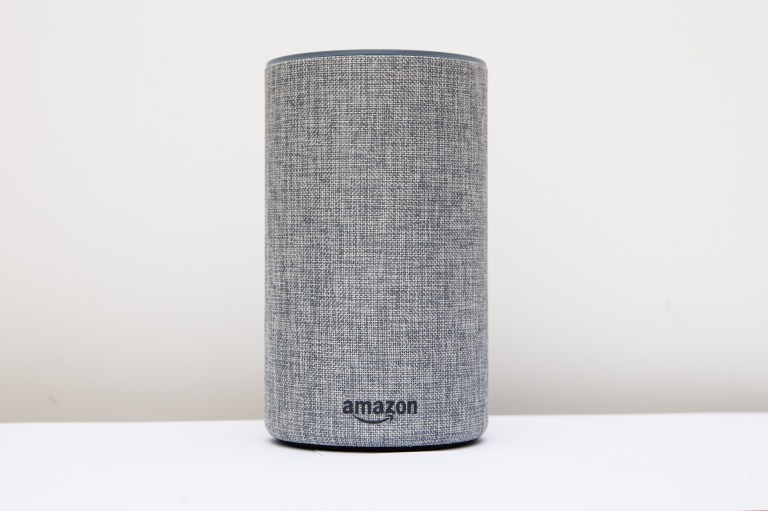Amazon Forms Alexa Team To Disrupt Healthcare

In its efforts to disrupt the healthcare market, Amazon has built a team to focus on making Amazon’s Alexa voice assistant more useful in the healthcare field.
According to an internal document obtained by CNBC, the division is called “health & wellness,” includes over a dozen people and is being led by Rachel Jiang, who has spent the last five years at Amazon in various roles including advertising and video.
Sources say that a key task of the team will be working through regulations and data privacy requirements laid out by HIPAA (the Health Insurance Portability and Accountability Act). The group is focusing on areas like diabetes management, care for mothers and infants and aging.
An Amazon spokesperson declined to comment.
Other key members include Missy Krasner, who joined Amazon last year after leading industry initiatives at Box and Google, and Larry Ockene, a 10-year veteran engineer at Amazon. Yvonne Chou, who has worked at Amazon for eight years across Prime, fashion and retail, is one of the three managers under Jiang.
This is Amazon’s latest move to into the healthcare market. Last year, it teamed up with drugmaker Merck for a competition where developers built Alexa “skills” to help people with diabetes manage their care. And in recent months, Amazon has been investigating how to help new mothers, and Amazon Web Services has a team to serve health and pharmaceutical companies.
There have also been reports that the eCommerce giant is looking to get into pharmaceuticals.
And earlier this year, the company announced a partnership with Berkshire Hathaway and JPMorgan Chase to create an independent healthcare company that will aim to fix the nation’s healthcare system.
The three are working on ways to address healthcare for their U.S. employees, focusing on reducing costs and improving customer satisfaction.
“The ballooning costs of healthcare act as a hungry tapeworm on the American economy,” said Berkshire Hathaway chairman and CEO Warren Buffett in the press release. “Our group does not come to this problem with answers, but we also do not accept it as inevitable. Rather, we share the belief that putting our collective resources behind the country’s best talent can, in time, check the rise in health costs while concurrently enhancing patient satisfaction and outcomes.”